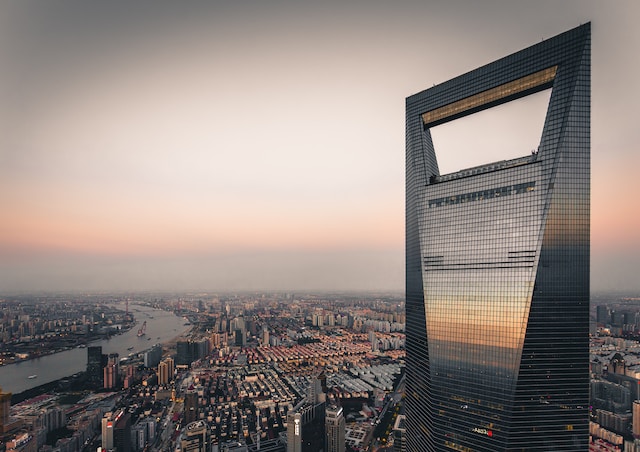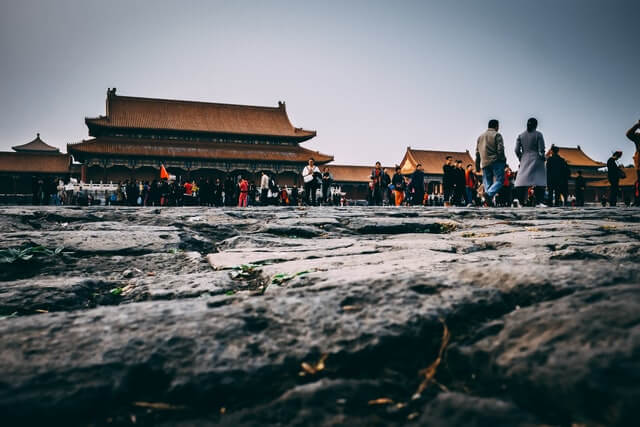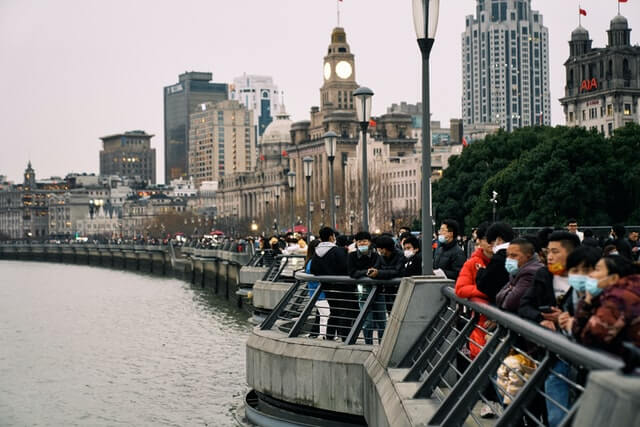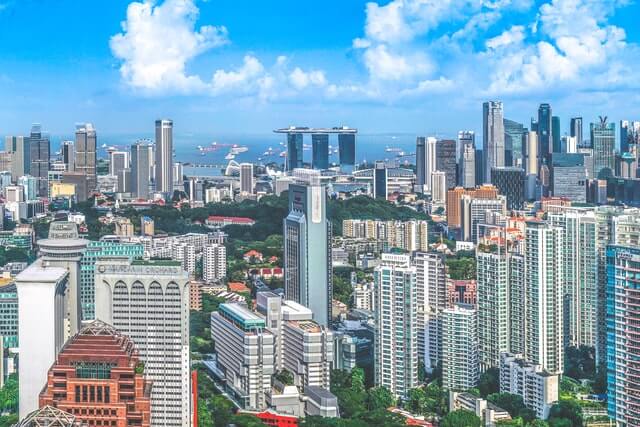
In practice, Chinese courts generally hold that "he who engages a lawyer shall pay therefor". However, there are a few exceptions on some rare occasions.
I. What Do Chinese Judges Think
There are no specific provisions in Chinese laws to answer the question that who shall bear the attorney’s fees. According to the reply to such inquiry from China's Supreme People's Court (SPC) in the "Mailbox of the SPC President" on its official website , Chinese courts mainly hold the idea that "he who engages a lawyer shall pay therefor", namely, each party pays his own costs, irrespective of who won or lost. [1]
That is to say, most Chinese judges do not agree with the view that the losing party shall bear the attorney's fees of the prevailing party, and believe that it is not in line with the view of fairness in Chinese society. [2]Letting both parties pay for their own legal fees is the fair play.
Specifically, Chinese judges hold against the idea of losing party paying all the attorneys' fees from both parties for the reasons below:
1. Chinese laws only stipulate that court costs shall be borne by the losing party, but do not provide that who shall pay for the legal fees. Therefore, the court can not rule on that.
2. If the losing party must bear all the legal fees, it will encourage people to bring frivolous cases to court to some extent.
3. There are no mandatory stipulations in Chinese laws requiring litigants to hire lawyers, so they might as well take proceedings before a court by themselves. Therefore, the attorney's fees are not necessary litigation expenses. Especially on the occasion of some very simple cases, it might stimulate the upper hand party to hire a lawyer when he can easily win by himself if the losing party would pay for it.
4. Some cases are more complicated when both parties think they should win but neither of them is sure they will. Under this circumstance, the parties may be too afraid of the potentially high cost of covering all the lawyers’ fees to bring a lawsuit to the court.
5. In some cases, some clients, especially when they are rich, might deliberately hire lawyers at a very high price, thus exerting pressure on the opposing parties.
6. There are no standard prices of lawyers in China, so it is difficult to determine whether the attorney's fees of the winning party are reasonable.
Nevertheless, these judges also believe that if some cases entail specific professional knowledge and the parties have to seek help from lawyers to protect their legitimate rights, it is fair to let the losing party pay for the attorneys’ fees from both sides.
II. Exceptions in Rare Situations
Although in most cases, "he who engages a lawyer shall pay therefor" is the universally applicable principle. However, there exist the following two typical situations where the losing party shall cover legal fees:
1. If both parties have agreed in the contract that the breaching party should compensate the opposing party by covering his attorney’s fees in litigation or arbitration, and they have clearly stated the calculation standard and confines of attorney’s fees, the court is likely to support the payment request of the winning party. However, at this point, the court will require the prevailing parties to prove they have actually paid the fees.
2. In arbitration cases, China's major arbitral institutions usually stipulate in their arbitration rules that the losing party shall compensate the prevailing party for reasonable expenses (such as the attorney's fees) during the arbitration. However, the arbitrator is entitled to determine whether the fees are reasonable. [3]
In addition, there are also some exceptional provisions in Chinese laws:
1. In Shenzhen, if the employer loses in a labor dispute case, the court would decide that the employer shall bear the attorney's fees of the employee. [4]
2. In a contract dispute, if the creditor requests to exercise his right of withdrawal, the court shall order the debtor to pay for the attorney's fees of the creditor. [5]
3. In a copyright dispute, the court may order the infringer to compensate the right holder by covering his attorney's fees. [6]
4. In a trademark dispute, the court may order the infringer to compensate the right holder by covering his attorney's fees. [7]
5. In a patent dispute, the court may order the infringer to compensate the right holder by covering his attorney's fees. [8]
6. If the parties have obviously wrongful acts such as malicious litigation, false litigation, delay in assuming their litigation obligations, abuse of litigation rights, etc., the court may order them to bear the attorney's fees of the other parties (i.e. reasonable expenses for investigating and stopping infringement). [9]
7. In a guarantee dispute, if, due to failure of the debtor to perform his obligations, the creditor has to realize his rights through litigation, the court may order the debtor to bear the attorney's fees of the creditor (not a consensus among judges yet). [10]
8. In cases of unfair competition, the court may decide that the infringer shall bear the attorney's fees of the infringed party (i.e. the reasonable costs for investigation, and it’s not a consensus among judges yet). [11]
9. In Shanghai, in the cases of personal injury compensation, the court may order the offender to cover the attorney's fees of the victim. [12]
10. In legal aid cases, if the aided party requires the other party to bear the expenses of the lawyers providing legal aid services (such as travel expenses, printing fees, transportation and communication fees, investigation and evidence collection fees), the court may order the non-aided party who loses the case to bear the expenses. [13]
III. Our Tips
When you are involved in a lawsuit in China, please keep this in mind: You might not transfer your lawyer’s fees to the opposing party even if you win in most cases, and you are unlikely to bear others’ legal fees correspondingly.
References:
[1] http://www.court.gov.cn/hudong-xiangqing-6259.html
[2] https://www.chinacourt.org/article/detail/2007/02/id/236128.shtml
[3] 《中国国际经济贸易仲裁委员会仲裁规则》
[4] 《深圳经济特区和谐劳动关系促进条例》第58条
[5] 《最高人民法院关于适用〈中华人民共和国合同法〉若干问题的解释(一)》第26条
[6] 《著作权法》第48条,《最高人民法院关于审理著作权民事纠纷案件适用法律若干问题的解释》
[7] 《最高人民法院关于审理商标民事纠纷案件适用法律若干问题的解释》
[8] 《最高人民法院关于审理专利纠纷案件适用法律问题的若干规定》
[9] 《最高人民法院关于进一步推进案件繁简分流优化司法资源配置的若干意见》( 法发〔2016〕21号)第22条
[10] 《担保法》第21条
[11] 《反不正当竞争法》第20条
[12] 上海高级人民法院关于印发 《关于民事案件审理的几点具体意见》的通知(沪高法民【2000】44号)
[13] 《最高人民法院司法部关于民事法律援助工作若干问题的联合通知》第7条
Contributors: Guodong Du 杜国栋









